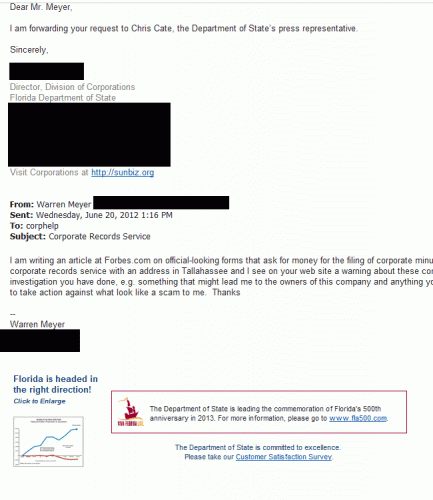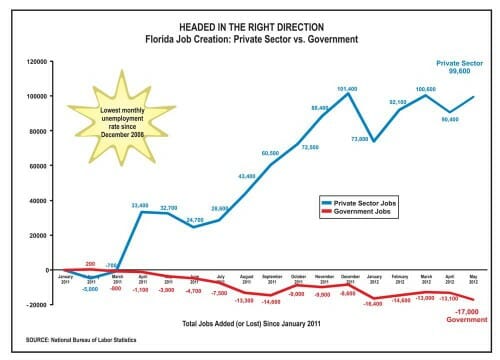Arizona voters will have a chance to raise the price of a new home and reduce the choice they have in the marketplace with an initiative on the ballot this November:
The proposed measure, which requires more than 153,000 certified
signatures to qualify for the statewide ballot, includes a 10-year
warranty on new homes and gives homeowners the right to choose which
contractors with a decade-long, complaint-free record do repair work.
Having shopped from time to time for a new home, I can say that such homes with extended warranties from quality companies do exist in the marketplace - some builders offer this kind of warranty, and some do not. All this bill is doing is reducing choice. It is requiring that consumers no longer be offered the choice of a new home without a 10-year warranty, and will require that all homes carry this more expensive option. I am sure that what people voting for this bill will hope for is that they will be getting today's less expensive house but with a 10-year warranty added, but that is not the way it works.
Second, this will virtually eliminates the small independent builder. Though they do not produce a large percentage of the total homes, small builders, often individual investors with a single property, are still an important part of the market. You might say, surely this is just an unintended consequence! Well, what if I told you the AFL-CIO, the largest organizer of construction workers in large home builders, is the #1 financial supporter of this bill? That information might change this from an unintended consequence to the #1 rationale behind the bill.
Finally, one can easily argue that the law is forcing people to pay for something that may well have no value. Individuals trying to game the system can easily start a company, build some houses, pay off owners, fold up the tent, and move on to a new entity. Consumers are left with a 10-year warranty from a company that no longer exists. Which is how the roofing game is played by the bottom-fishers in that industry. Which means customers have to shop around for well-established companies with long track records and good products, which, if they did so, would obviate the need for the bill in the first place.
Provisions give homeowners the ability to sue without the threat of
being responsible for a builder's attorney and expert fees and require
builders to disclose their relationships with financial institutions.
Just what we need - another industry where the plaintiffs have zero cost to launch any frivolous suit they want.
Yet another would require that model homes reflect the types of properties that are for sale.
I have no idea what this means. Are there really buyers who are dumb enough to walk through a model, say this is the house they want, and then blandly accept a home that is totally different?
What I perhaps found funniest about the article was this bit of political positioning:
The campaign, called the Arizona Homeowners Bill of Rights
Committee, formed in the midst of this year's housing-mortgage
meltdown. And the committee has attempted to draw links between
financing and construction troubles.
"These same companies that build shoddily also were involved in the
housing-mortgage crisis. They were on both sides of this equation. They
were financing homes above people's means and selling homes that were
defective," said Richard McCracken, an attorney for the measure's
sponsor, the Sheet Metal Workers' International Association, Local
Union 359.
This is kind of a hilarious stretch - talk about guilt by association. Of course, the bill has nothing to day about mortgages, but since homebuilders were associated with those bad mortgage guys, we should feel free to do anything we want to them.

